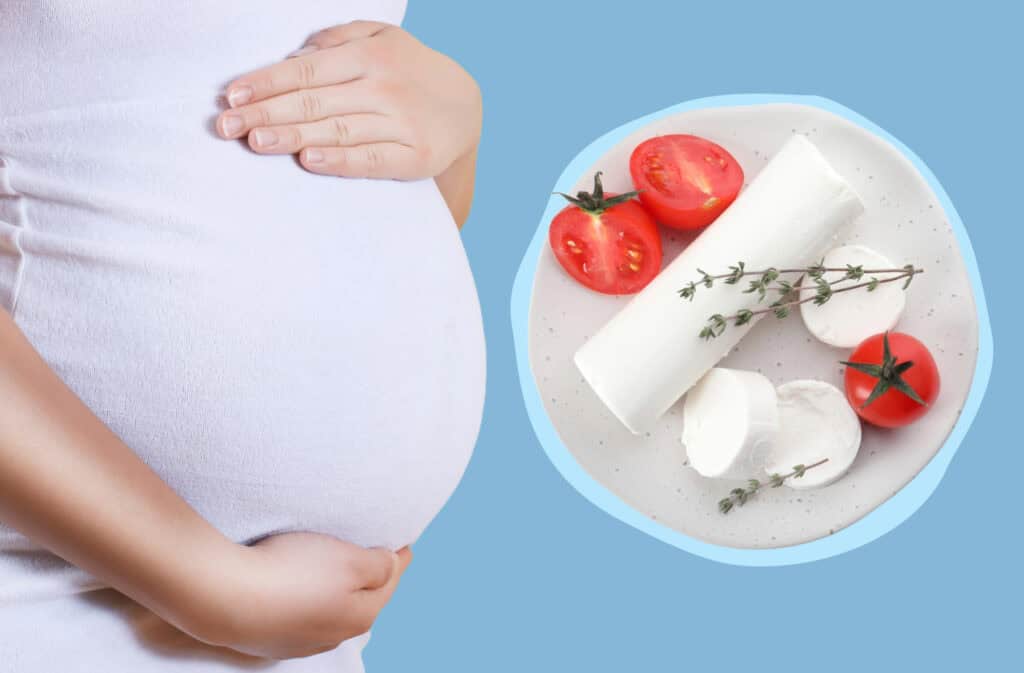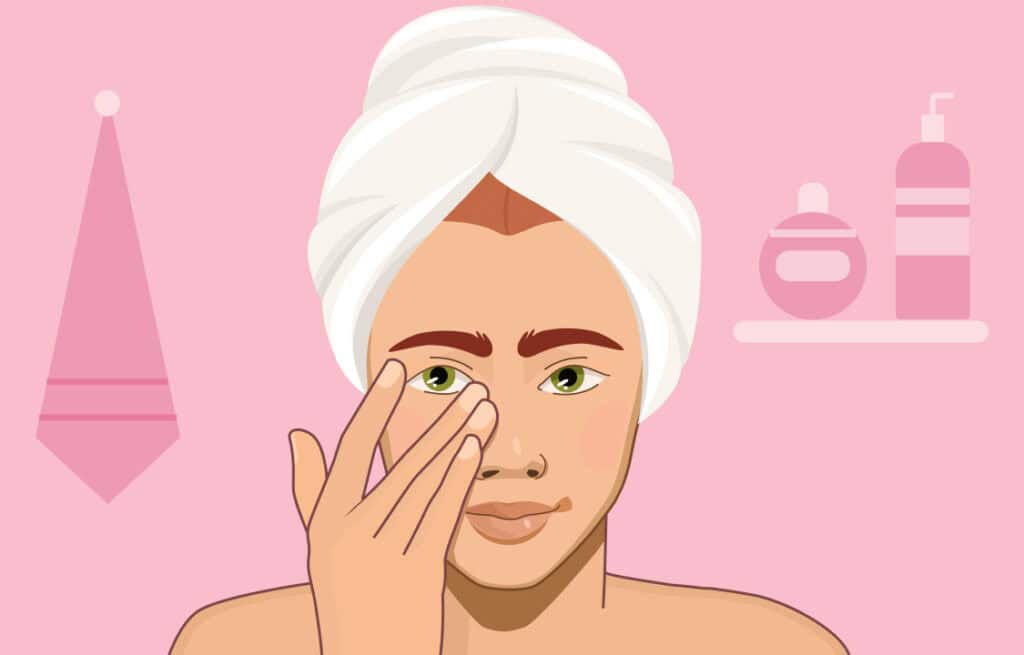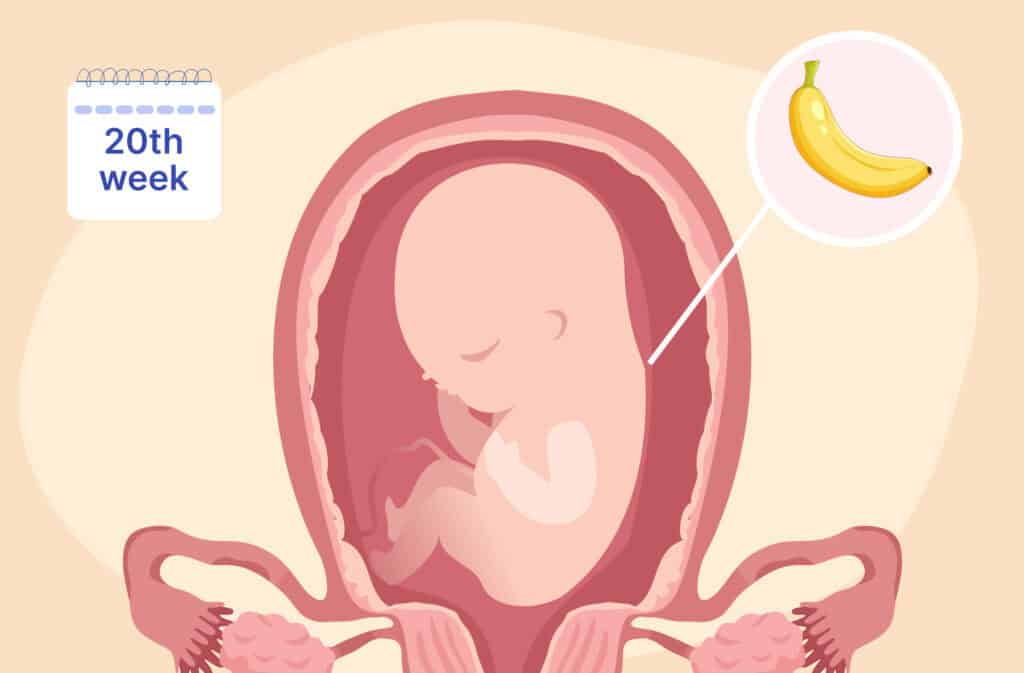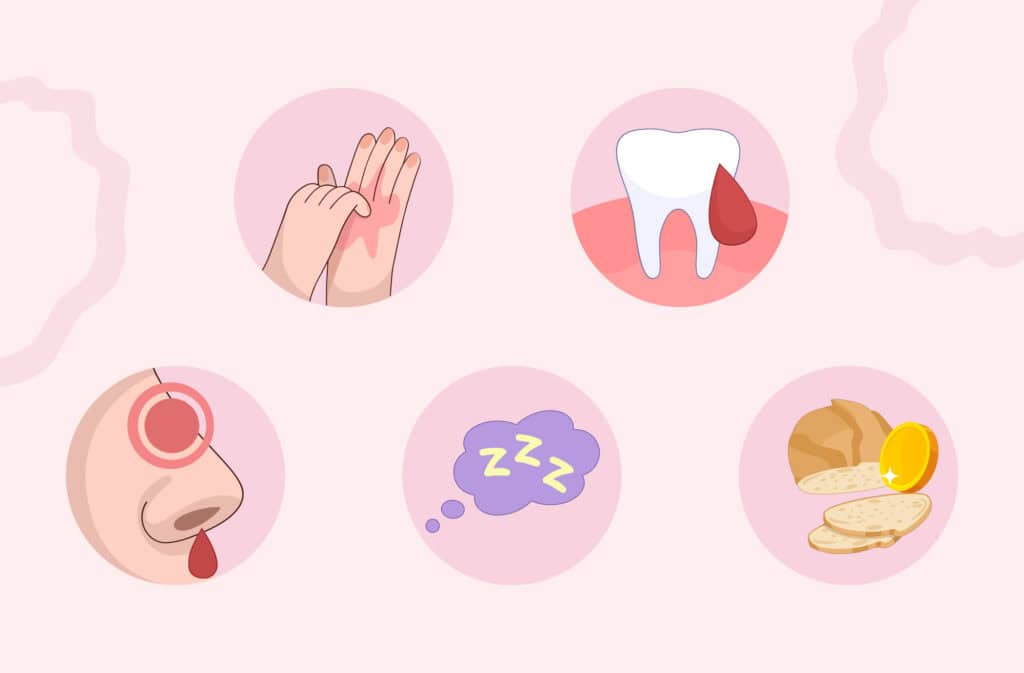Femia > Health Library > Pregnancy > Pregnancy health > Can you eat goat cheese while pregnant? Safety tips and pasteurized options
Can you eat goat cheese while pregnant? Safety tips and pasteurized options

- Updated Feb 10, 2025
- Published
CRAFTED BY HUMAN
Crafted by human At Femia, we provide accurate and up-to-date information at every stage of your journey, from trying to conceive, pregnancy and postnatal support. All content is created by a real person based on in-depth research and own professional experience. Femia ensures that you will receive expert advice, strict accuracy and a personalized approach from our authors/medical experts. Learn more about our editorial policy.
FACT CHECKED
Fact checked At Femia Health, we maintain the highest standards of editorial excellence in delivering content focused on helping you conceive, guiding you through pregnancy, and supporting you postpartum. Explore our content review principles to learn how we ensure the accuracy and quality of our health and lifestyle tips for every stage of your journey.
Yes, pregnant women can eat goat cheese if it’s made from pasteurized milk. Pasteurized goat cheese is safe, but unpasteurized goat cheese can carry harmful bacteria like Listeria, which can be dangerous during pregnancy.
Goat cheese is a popular choice for its tangy flavor, but during pregnancy, questions often arise about whether it’s safe to eat. If you’re wondering, can you eat goat cheese while pregnant, the answer depends on whether the cheese is made from pasteurized milk. Some goat cheeses are safe, while others can pose risks. This article explains when goat cheese is safe to eat during pregnancy, the importance of pasteurization, and how to enjoy goat cheese safely.
Is goat cheese safe during pregnancy?
Goat cheese is safe to eat during pregnancy as long as it’s made from pasteurized milk. Pasteurization is a process that heats milk to kill harmful bacteria, including Listeria, which can cause serious infections during pregnancy. Listeriosis is a foodborne illness that can lead to miscarriage, stillbirth, or severe illness in newborns, making it critical to avoid unpasteurized dairy products while pregnant.
Unpasteurized goat cheese poses a higher risk of carrying Listeria. For this reason, it’s essential to ensure any goat cheese you eat is pasteurized to protect both you and your baby from potential complications.
👉Find out more: Can you eat feta cheese while pregnant? Safety tips and what to avoid
Can pregnant women eat goat cheese?
Yes, pregnant women can eat goat cheese if it’s pasteurized. Many soft goat cheeses, especially imported varieties, may be unpasteurized, so it’s important to check the label before consuming. Hard or aged goat cheeses, which are less likely to carry bacteria, are generally considered safe, even if unpasteurized, but it’s always best to confirm with your healthcare provider.
Goat cheese made from pasteurized milk provides important nutrients, which are essential for fetal development and maternal health:
- Calcium: Goat cheese is a good source of calcium, which is crucial for building strong bones and teeth in your baby and maintaining bone health for you.
- Protein: Protein supports the growth of fetal tissues, including the brain, and helps repair maternal tissues.
- Vitamins and minerals: Goat cheese contains important vitamins like vitamin A and B2, as well as minerals such as phosphorus, which help with various bodily functions during pregnancy.
By sticking to pasteurized varieties, you can safely enjoy the benefits of goat cheese during pregnancy.
Is goat cheese pasteurized? How to check
Not all goat cheeses are pasteurized, so it’s essential to check the label or ask when buying cheese. Here’s how to ensure your goat cheese is pasteurized:
- Read the label: Look for the word “pasteurized” on the packaging. This ensures the cheese has undergone heat treatment to kill harmful bacteria.
- Ask at restaurants: When ordering dishes with goat cheese, ask the server if the cheese is made from pasteurized milk.
- Be cautious with artisanal cheeses: Many artisanal or imported goat cheeses are unpasteurized, so it’s best to avoid these unless you’re sure they’ve been pasteurized.
👉Find out more: Can I eat cottage cheese while pregnant? Safety and benefits
Goat cheese while pregnant: Which types to avoid
While many types of goat cheese are safe during pregnancy, certain varieties should be avoided:
- Unpasteurized goat cheese: This includes any soft or semi-soft goat cheeses made from raw (unpasteurized) milk. These cheeses are more likely to harbor harmful bacteria.
- Surface-ripened or mold-ripened cheeses: Cheeses like chèvre that have a rind or are mold-ripened should be avoided unless you’re certain they’re made from pasteurized milk.
Always err on the side of caution by choosing pasteurized varieties or cooking the cheese thoroughly to kill any potential bacteria.
Questions from the Femia community
Can I eat chèvre while pregnant?
Yes, you can eat chèvre during pregnancy as long as it’s made from pasteurized milk. Chèvre is a soft goat cheese, and like other soft cheeses, it should only be consumed if it’s pasteurized.
Can I eat unpasteurized goat cheese if it's cooked?
Yes, cooking unpasteurized goat cheese until it’s steaming hot can kill harmful bacteria like Listeria. If you’re unsure whether the goat cheese is pasteurized, cooking it thoroughly is a safe way to enjoy it.
The bottom line
Goat cheese can be a safe and nutritious part of your pregnancy diet if it’s made from pasteurized milk. Pasteurized goat cheese provides essential nutrients like calcium and protein that are important for both you and your baby. However, unpasteurized goat cheese poses a risk of Listeria, so it should be avoided unless thoroughly cooked. Always check labels or ask when dining out to ensure the cheese you’re eating is safe during pregnancy.
References
- American Pregnancy Association. “Soft Cheeses and Pregnancy: What to Avoid.” APA, https://americanpregnancy.org/healthy-pregnancy/nutrition/soft-cheeses-during-pregnancy/
- U.S. Food and Drug Administration. “Food Safety for Pregnant Women.” FDA, https://www.fda.gov/food/people-risk-foodborne-illness/food-safety-pregnant-women.
- U.S. Food and Drug Administration. “Listeria (Listeriosis).” FDA, https://www.fda.gov/food/foodborne-pathogens/listeria-listeriosis.

Discover the facts about this cosmetic procedure while expecting or nursing a baby, and explore safe alternatives to keep your skin healthy and glowing.

At 20 weeks pregnant, you’re halfway through your journey, with your baby growing quickly. Discover what to expect, symptoms, and self-care tips for week 20.

Pregnancy comes with many changes to your body, but some are more of a surprise. Prepare for the journey by learning more about the weird pregnancy symptoms.

